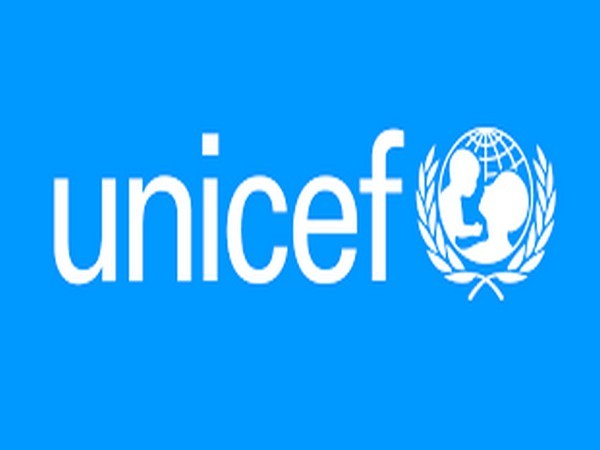64% children in childcare institutions sent home: UNICEF
During a conference last Saturday and Sunday, the Supreme Court juvenile justice committee and the UNICEF reviewed and took stock of the actions taken by various states on child protection during the pandemic, according to a statement.Since the passing of the Supreme Court order in April 2020, 64 per cent children in need of care and protection who were in Child Care Institutions have been restored to their families 1,45,788 out of 2,27,518, the United Nations child rights body said.

- Country:
- India
As many as 1.46 lakh children or 64 percent of those in childcare institutions have been sent back to their families as a precaution against the coronavirus pandemic following directives from the Supreme Court, the UNICEF said on Saturday. The apex court had taken suo-motu note in April of the condition of the children in protection, juvenile, and foster or kinship homes across the country amid the pandemic, issuing directions to the state governments and other authorities to protect them.
It had said juvenile justice boards should consider steps to release on bail all children who are alleged to be in conflict with the law and residing in observation homes unless there are clear and valid reasons not to do so. During a conference last Saturday and Sunday, the Supreme Court juvenile justice committee and the UNICEF reviewed and took stock of the actions taken by various states on child protection during the pandemic, according to a statement.
"Since the passing of the Supreme Court order in April 2020, 64 percent of children in need of care and protection who were in Child Care Institutions have been restored to their families (1,45,788 out of 2,27,518)," the United Nations child rights body said. "About 60 percent of children in conflict with the law (5,155 out of 8,614) were also released to their parents," the UNICEF said, adding that at least 132 children from childcare institutions across the country reportedly contracted COVID-19.
At the two-day consultation, high courts and state representatives presented an analysis of the access to sponsorship, social protection, and welfare schemes of vulnerable families, the UNICEF said. The discussions focused on the follow-up and monitoring of the process. The conference also discussed bail practices and diversion measures for children in conflict with the law, as well as monitoring of cases to ensure sustainable long-term practices.
The key priorities summarised by Justice S Ravindra Bhat and UNICEF were: ensure child protection services are declared essential services and ensure there is a review of child protection schemes to address the magnitude of issues. They stressed on the prevention of violence and family separation, ensuring access to formal and informal education opportunities for all children, among others.
Women and Child Development Ministry Secretary Ram Manohar Mishra said: "We need to focus on the quality of services and their impact on the lives of children, and appealed States to draft a detailed district action plans with the support of children." UNICEF India chief of child protection Soledad Herrero highlighted how COVID-19 had become a child rights crisis. What started as a health pandemic, evolved into a full-blown socioeconomic and human rights crisis, with children among its biggest victims, Herrero said. PTI UZM HMB
(This story has not been edited by Devdiscourse staff and is auto-generated from a syndicated feed.)
- READ MORE ON:
- S Ravindra Bhat










